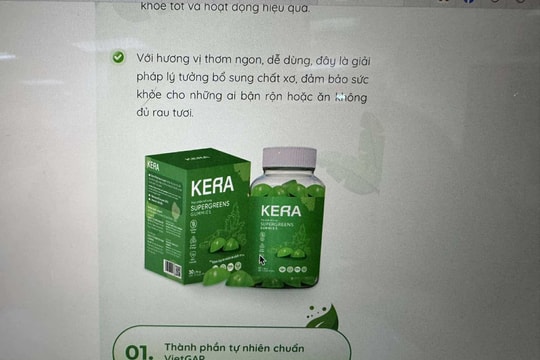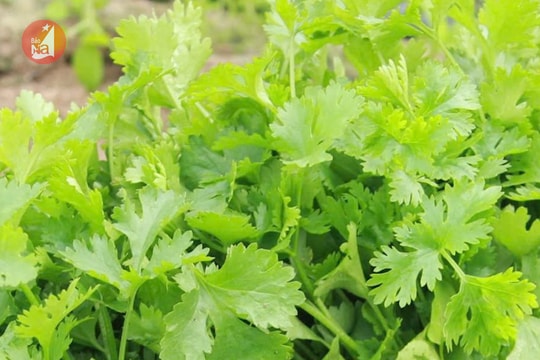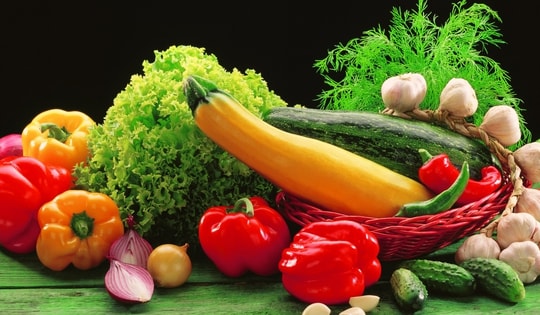Tips to keep fruits and vegetables fresh
If fruits and vegetables are not handled and stored properly, they can become contaminated with listeria, salmonella, or other bacteria.
Eating a diet rich in fruits and vegetables every day helps reduce the risk of many diseases such as high blood pressure, heart disease, stroke and certain types of cancer. But if they are not handled and stored properly, they can be contaminated with listeria, salmonella or other bacteria. That is why learning how to wash and store fruits and vegetables is extremely important. According to Healthline, to keep fruits and vegetables fresh and avoid losing nutrients, you need to:
Washing fruits and vegetables
Most produce travels a long way before it reaches you. Fruits and vegetables can be exposed to harmful bacteria or other contaminants during transportation. This applies to even organic and pesticide-free foods.
To avoid harmful contaminants, always wash produce with clean water before eating. You can use a hard brush to clean hard-skinned fruits and vegetables. The brush used to clean fruits and vegetables should not be used to clean other objects.
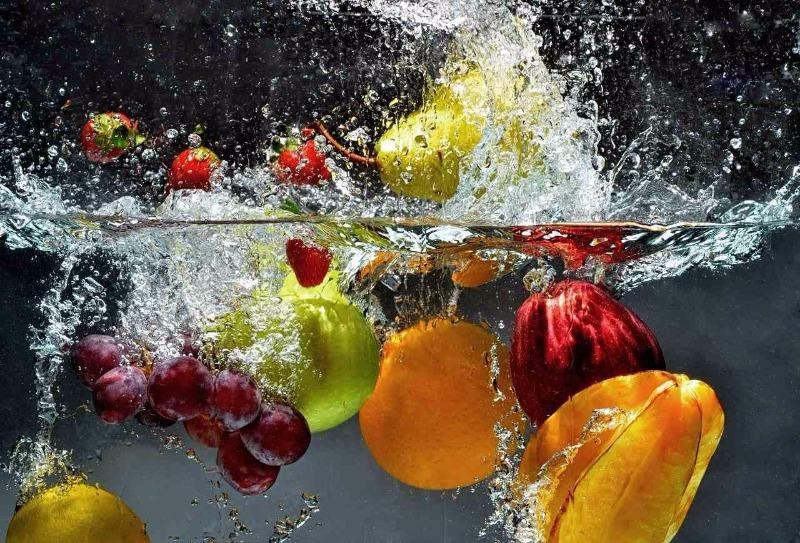 |
| Always wash products with clean water before storing. Photo: Internet |
If you are eating fruits or vegetables that have a waxy coating, make sure to use a paper towel or clean cloth to remove the wax after washing them. It is important to wash fruits and vegetables before eating them. However, it is best to store them unwashed, as too much moisture can cause them to spoil more quickly. If you wash them, let them dry completely before storing them.
Keep refrigerated
Different fruits and vegetables should be stored in different ways. According to experts at the Cornell Cooperative Extension Center, vegetables are typically stored in one of four ways:
- Keep cold (32-39 degrees F, ie 0-4 degrees C), store in humidity.
- Store cool (40-50 degrees F, or 4.5-10 degrees C), keep away from moisture.
- Store refrigerated (32-39 degrees F, or 0-4 degrees C), dry.
- Store warm (50-60 degrees F, or 10-15.5 degrees C), dry.
Generally, your refrigerator should be kept at about 34 degrees Fahrenheit (1 degree Celsius). Vegetables are best stored in the refrigerator's crisper drawer. This is the compartment or drawer at the very bottom of most refrigerators. The crisper drawer is designed specifically to control humidity. If possible, store vegetables at the appropriate temperature and humidity for each type of vegetable.
- Produce that is best stored in a high humidity, cold (or cool) environment includes apples, broccoli, carrots, lettuce, eggplant.
- Vegetables should be stored in a cold, dry environment (low humidity) including garlic and onions.
- Root vegetables should be stored in a warm, dry environment: Peppers, pumpkins, sweet potatoes.
For safety reasons, you should refrigerate or freeze any washed and cut fruits or vegetables. Store them in a plastic bag or airtight container to retain freshness and limit exposure to air. Always ensure that you separate vegetables from meat and dairy products to avoid bacterial contamination.
Frozen storage
Almost all fruits and vegetables can be frozen. Freezing can change the texture of many fruits and vegetables, but it often preserves their flavor, nutrients, and health benefits. It's a great way to preserve seasonal fruits or vegetables so they last through the year.
It is best to freeze fruits and vegetables in airtight containers. Avoid freezing unripe fruit, as it may not ripen once it is removed from the freezer.
Leafy green vegetables that you intend to eat raw, such as lettuce and kale, should not be frozen.
Vegetables and fruits should be stored in a cool, dry place.
Some products that are best kept out of the refrigerator, in cool, dry places, include:
- Tomato.
- Banana.
- Potato.
Lemon.
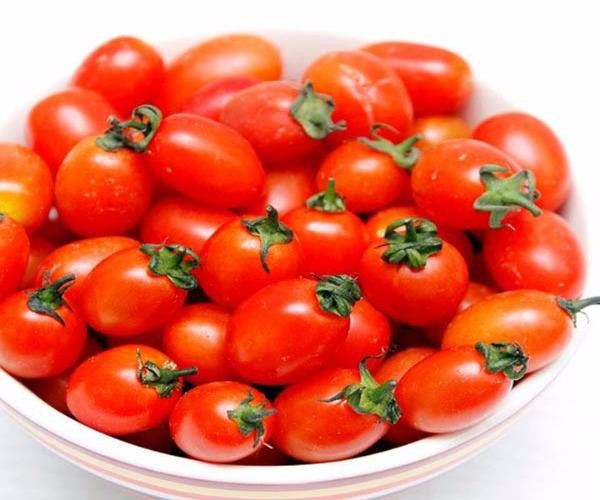 |
| Do not store tomatoes in the refrigerator because it reduces nutritional content. Photo: Internet |
Tomatoes are one of those things that can lose flavor and nutrients when you chill them in the refrigerator, and it can even change the texture to an undesirable degree.
Fruits generally do not need to be refrigerated. However, refrigeration will slow down the ripening process or help them stay fresh longer, so you can keep them for longer. But once you have washed or cut your fruits and vegetables, always store them in your refrigerator or freezer.
According to PLO
| RELATED NEWS |
|---|

